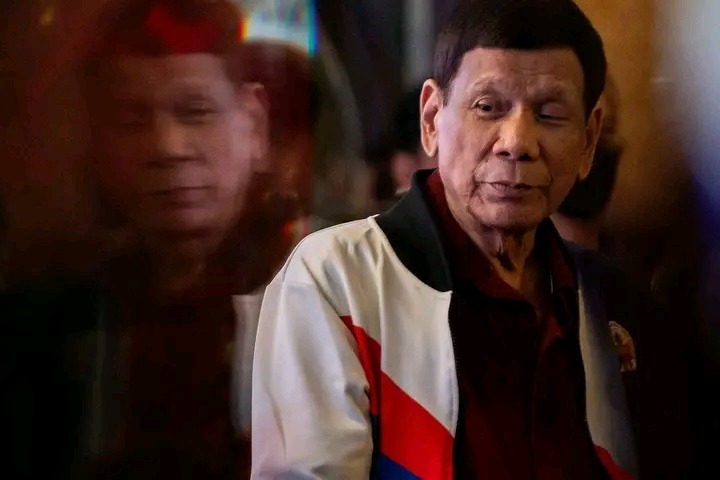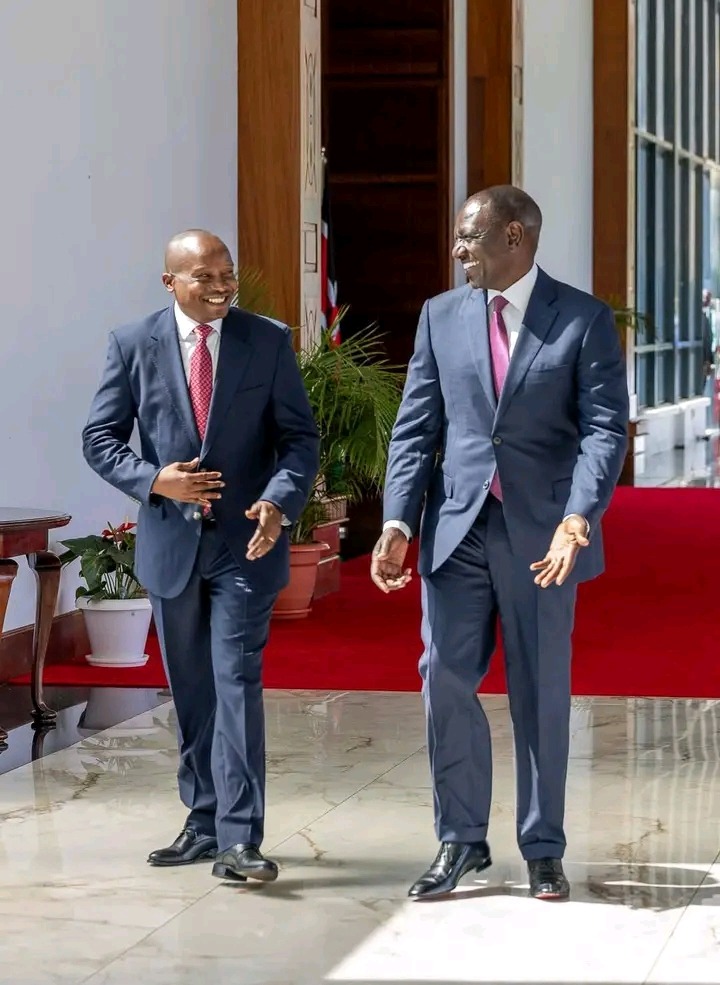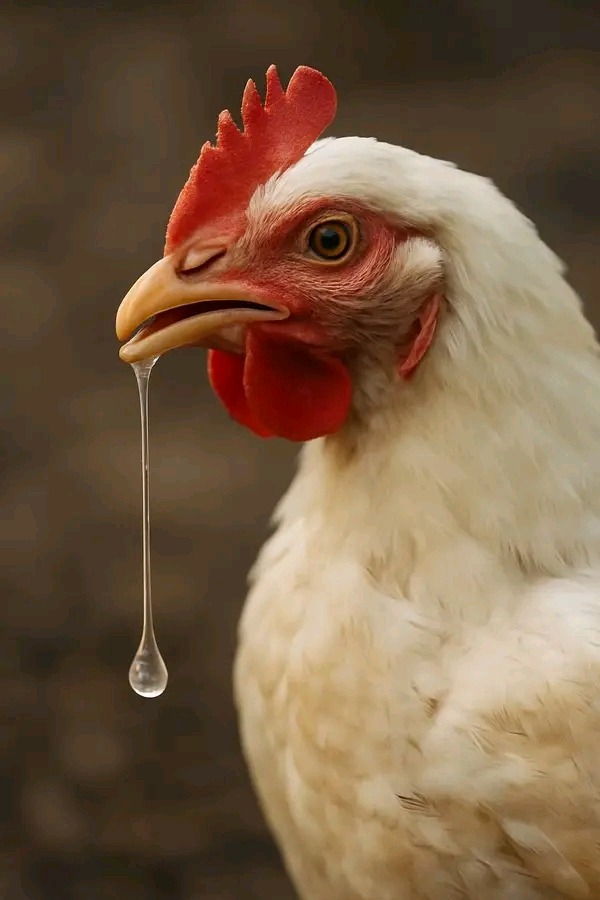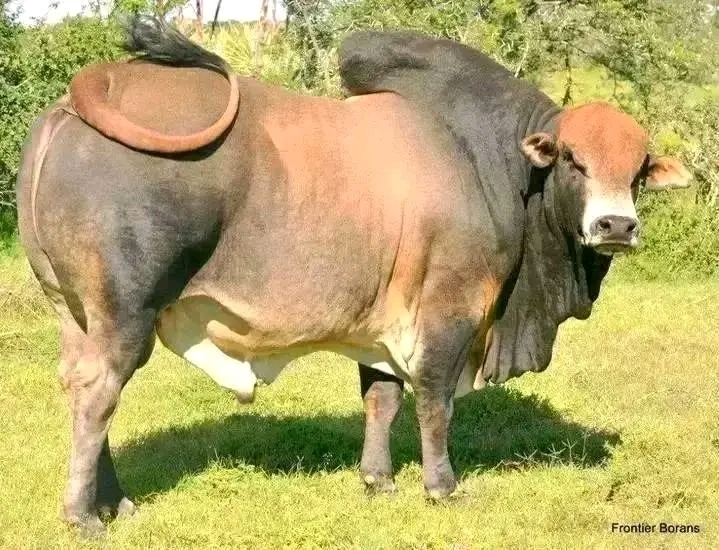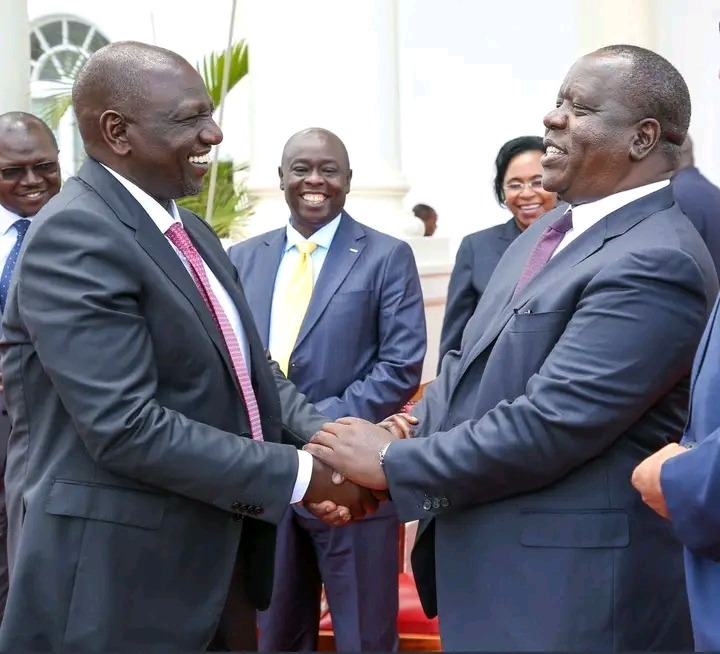
As we continue our series evaluating potential candidates for key government positions from the Gusii community the focus today shifts to long-serving statesman Dr Fred Matiang’i. The central question is whether the respected former cabinet minister would make a dangerously misguided decision by aligning himself with President William Ruto’s current administration.
In recent months President Ruto has been grappling with a political crisis that has deeply affected the national landscape.
has been
The idea of forming a coalition government is being floated as a potential solution, but many, including members of the Gusii community, view this as little more than a desperate attempt to salvage a faltering administration.
Fred Matiang’i, often hailed as Kenya’s “super minister” due to his formidable tenure across multiple high-stakes ministries, rose to prominence marked by his no-nonsense approach and bold reforms.
His tenure as the Cabinet Secretary for Interior and Coordination of National Government was particularly notable.
President Uhuru Kenyatta’s radical restructuring of the executive branch positioned him at the core of a revamped four-tier hierarchy of authority.
This elevation not only expanded Matiang’i’s oversight across various government functions but also diminished then-Deputy President William Ruto’s influence.
His strategic appointments and leadership roles have led many to view him as an unofficial Prime Minister, embodying the kind of power and control akin to a chief minister.
It was actually his work at the Ministry of Education also laid the foundation for his reputation as a reformist.
He implemented sweeping changes in the education sector, including the overhaul of the examination system which earned him praise from various quarters and solidified his image as a transformative leader.
His leadership as ICT Minister during the digital migration and subsequent reforms in digital broadcasting.
But let us not forget that Matiang’i’s tenure was not without controversy.
He held a very tough stance against the opposition during the 2017 general elections, including the crackdown on demonstrators and digital activists and the outlawing of citizen assemblies.
This aggressive approach positioned him as a rather polarizing figure in Kenyan politics but most will agree that his dedication to public service was evident in his tireless work ethic.
Given this track record which contrasts sharply with the current administration’s struggle to establish a coherent governance framework, some in close members of his private circle are reportedly advising him to steer clear of what many consider a failing government.
The Ruto administration is criticized for its lack of coherent strategy and ineffective handling of national issues and is increasingly perceived as a “ramshackle” administration.
It would certainly be a career-damaging move for a leader with such credentials to be associated with a government clearly struggling to maintain its legitimacy.
The Gusii community which was once well-represented in government with ministerial posts and senior positions is now on the sidelines.
The current crop of leaders, including youthful MPs have failed to consolidate their influence or address community needs effectively.
Interestingly, Matiang’i has consistently downplayed any political ambitions, presenting himself as a public servant focused solely on his role.
This stance has led some observers to speculate that his lack of political aspirations might make him more willing to confront corruption and inefficiencies without the fear of political repercussions.
Whether or not he will align himself with the current administration’s perceived shortcomings or continue to act independently remains to be seen.


